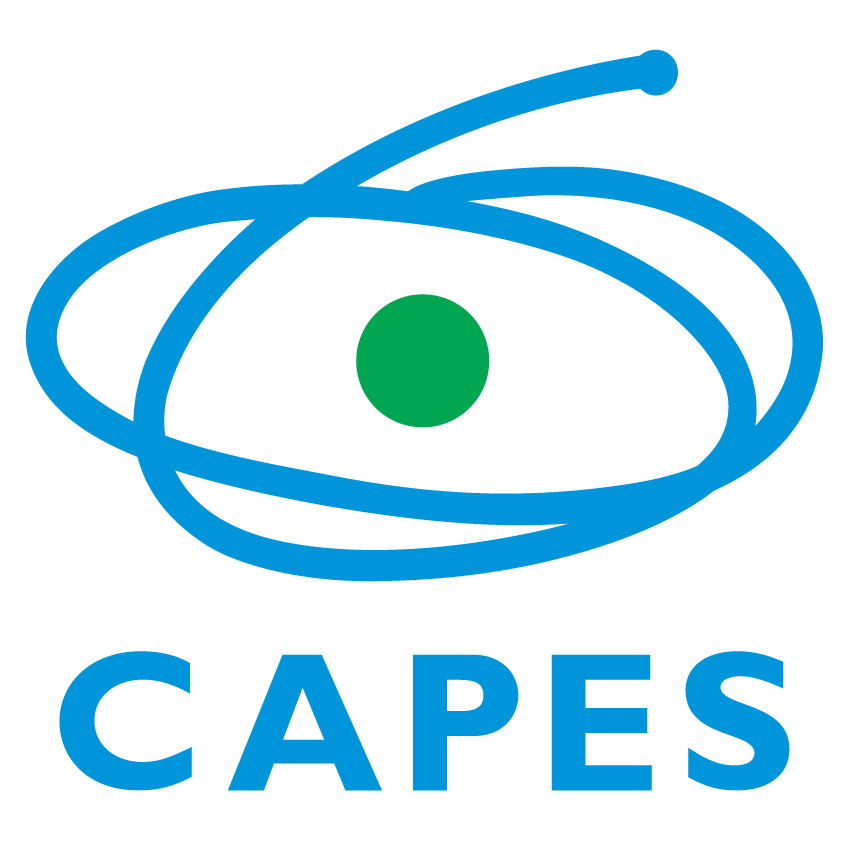PISCINAS DE ONDAS E LICENÇA AMBIENTAL: CONSIDERAÇÕES
DOI:
https://doi.org/10.58422/releo2021.e1121Abstract
Artificial wave pools constitute a new frontier in the current competitive surfing scene, with
economic implications further arising due to its potential use for tourism. Developed rather
recently, and spread all over the globe in many similar iterations, the most noteworthy of the
artificial wave pool projects is arguably one developed by American professional surfer Kelly
Slater, eleven time world champion; led by the eponymously named the Kelly Slater Wave
Company. His surf ranch, as it is colloquially known, has featured the aforementioned wave
pool for approximately five years. Such enterprises have as a foundation the further popularisation
of the sport of surfing, and presenting people in landlocked regions with access to
surfing; enabling the discovery of new talent, and propelling touristic activity in the locale
wherein the wave pool is located. Thus, this article aims to reflect on the necessary equation
of the binomial development and sustainability regarding the use of water, construction
area, waste management and sustainable management of infrastructure, with an emphasis
on the environmental license as an indispensable tool.
Published
Versions
- 2023-05-15 (2)
- 2021-05-04 (1)
Issue
Section
License
A Revista Eletrônica Leopoldianum - Revista de Estudos e Comunicações da Universidade Católica de Santos (ISSN: 2965-9566) é detentora dos direitos autorais de todos os artigos publicados por ela. A reprodução total dos textos em outras publicações, ou para qualquer outro fim, por quaisquer meios, requer autorização por escrito do editor. Reproduções parciais de artigos (resumo, abstract, mais de 500 palavras de texto, tabelas, figuras e outras ilustrações) deverão ter permissão por escrito do editor e dos autores.












